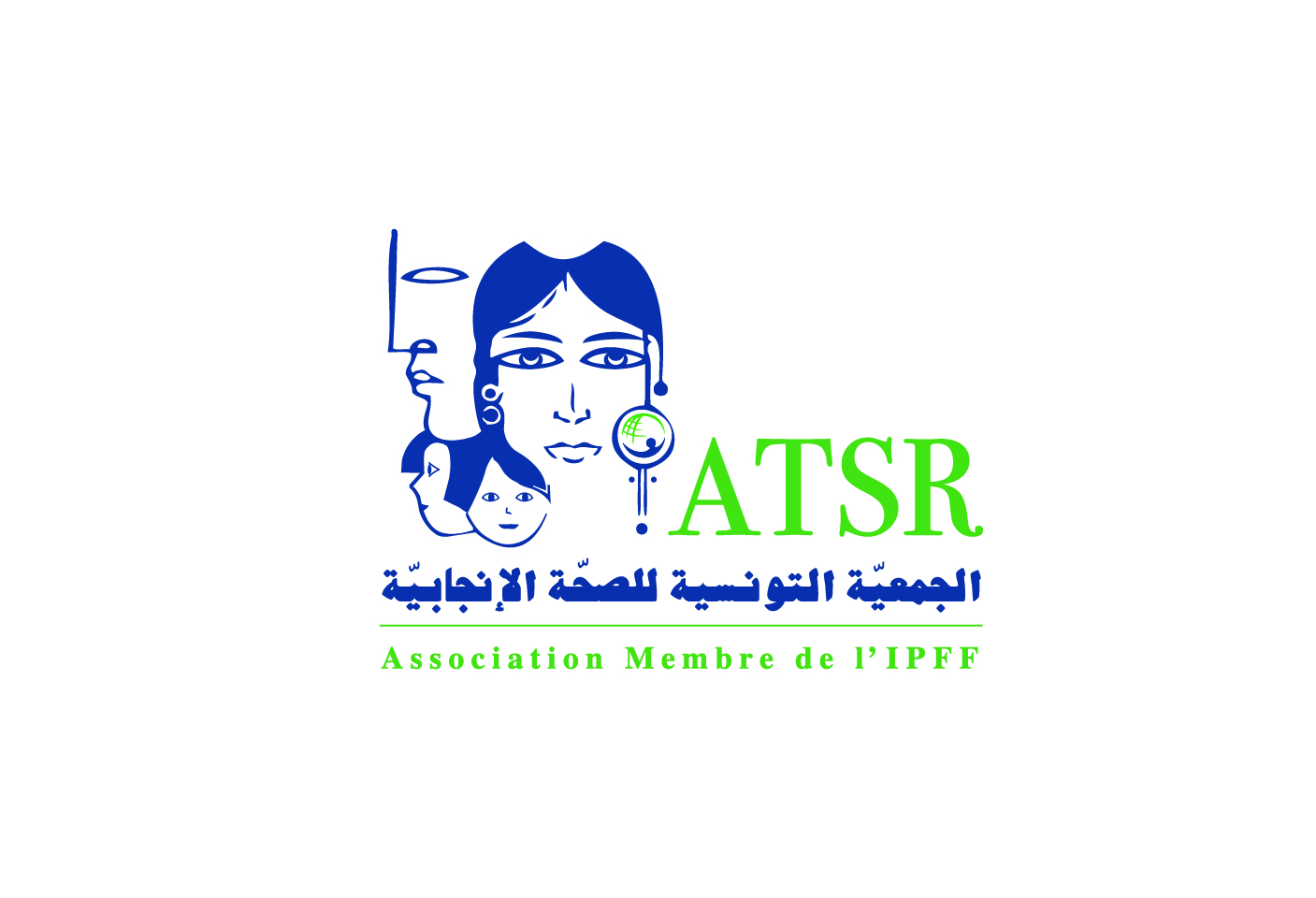

| 31 March 2016
Association Tunisienne de la Santé de la Reproduction
The Tunisian Association for Reproductive Health (ATSR), created in April 1968, works in the field of Sexual and Reproductive Health (SRH) and promotes rights through a multi-sectoral partnership. ATSR provides and facilitates access to SRH information and services, particularly for women, young people and the most underserved and vulnerable populations including migrants and refugees, LGBT, PLHIV, and sex workers. ATSR also provides comprehensive sexuality education programmes for young people in and out of school to develop their capacity to empower themselves and assert their right to dignity, equality and a healthy, satisfying and responsible sexual life. ATSR has five service delivery centres and three mobile units. In 2020, ATSR provided approximately 200,000 SRH services to 40,000 beneficiaries.

| 19 January 2024
Gestos - Brazil
Gestos is a philanthropic organization founded in 1993 by sociologist Acioli Neto, journalist Alessandra Nilo, sociologist Márcia Andrade and social worker Silvia Dantas. The first project developed was supported by MISEREOR and focused on psychological care for people living with AIDS, as well as the training of information multipliers in the poorest communities of the Metropolitan Region of Recife. Since then, they have effectively contributed to guaranteeing the human rights of people living with HIV and AIDS. About 70% of the people who have sought legal support from the institution have had their rights redressed, through precautionary measures and sentences, which today are even part of the list of jurisprudence on the subject of Law and AIDS. Throughout its history, the organization has considered communication as fundamental in the fight against AIDS and has fought to expand this understanding in Pernambuco, Brazil and Latin America. This vision has consolidated Gestos as an important reference in Communication and AIDS in the country, with special emphasis on discussions on Public Policies on Health Communication. They also help to form new civil society organizations, such as the National Network of People Living with HIV/AIDS (RNPVHA - 1995), the Positive Work Group - GTP+ (2000), the Group of Positive Actions (2003), the Group of Support to HIV Positive People (GASP) 2003, Acts of Citizenship (2006). From 2007 to 2011, Gestos created and coordinated the UNGASS-AIDS Forum on Sexual and Reproductive Health, where it oversaw the implementation of agreements signed at the UN in sixteen developing countries. The UNGASS-AIDS Forum has established itself as a space for political debate on issues related to HIV and AIDS and sexual and reproductive health and rights. They are also a consultative NGO at the UN, with ECOSOC status since 2017. Instagram Twitter







